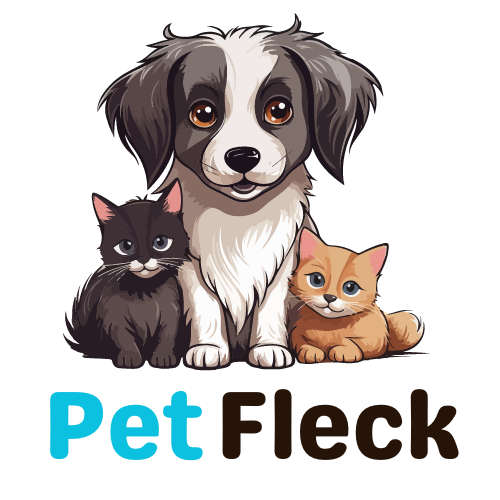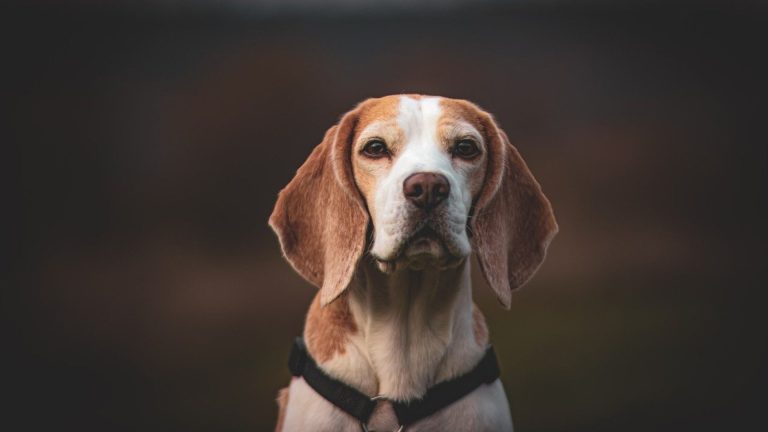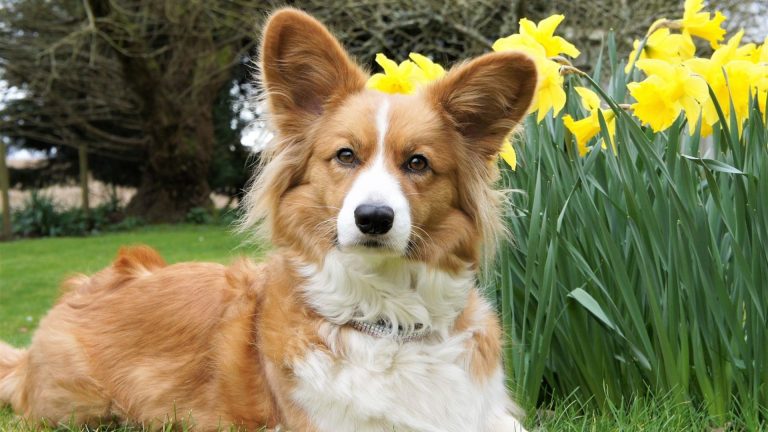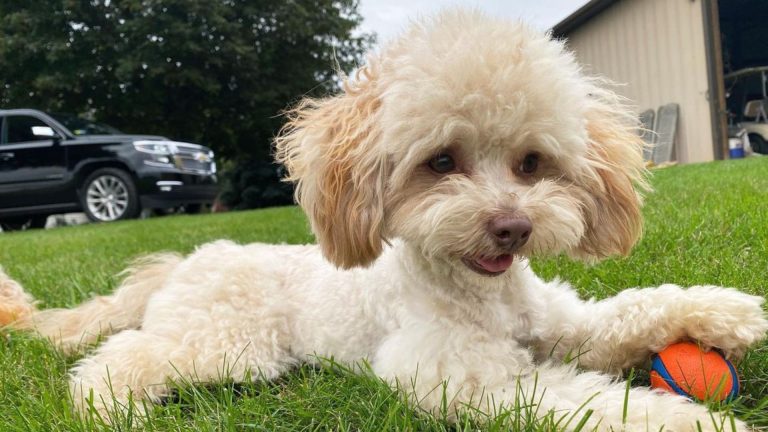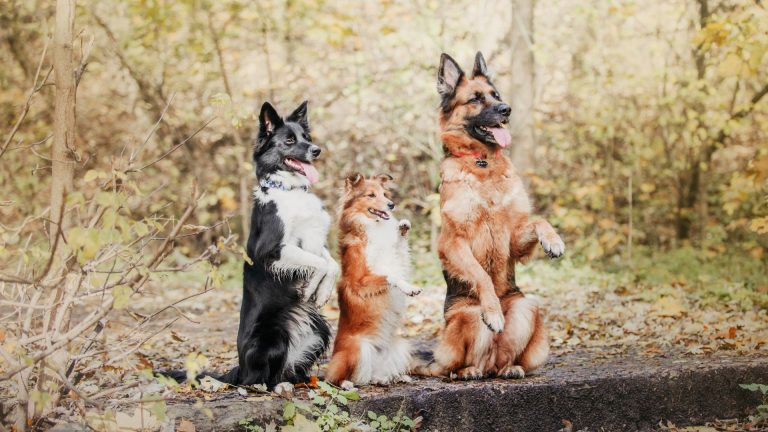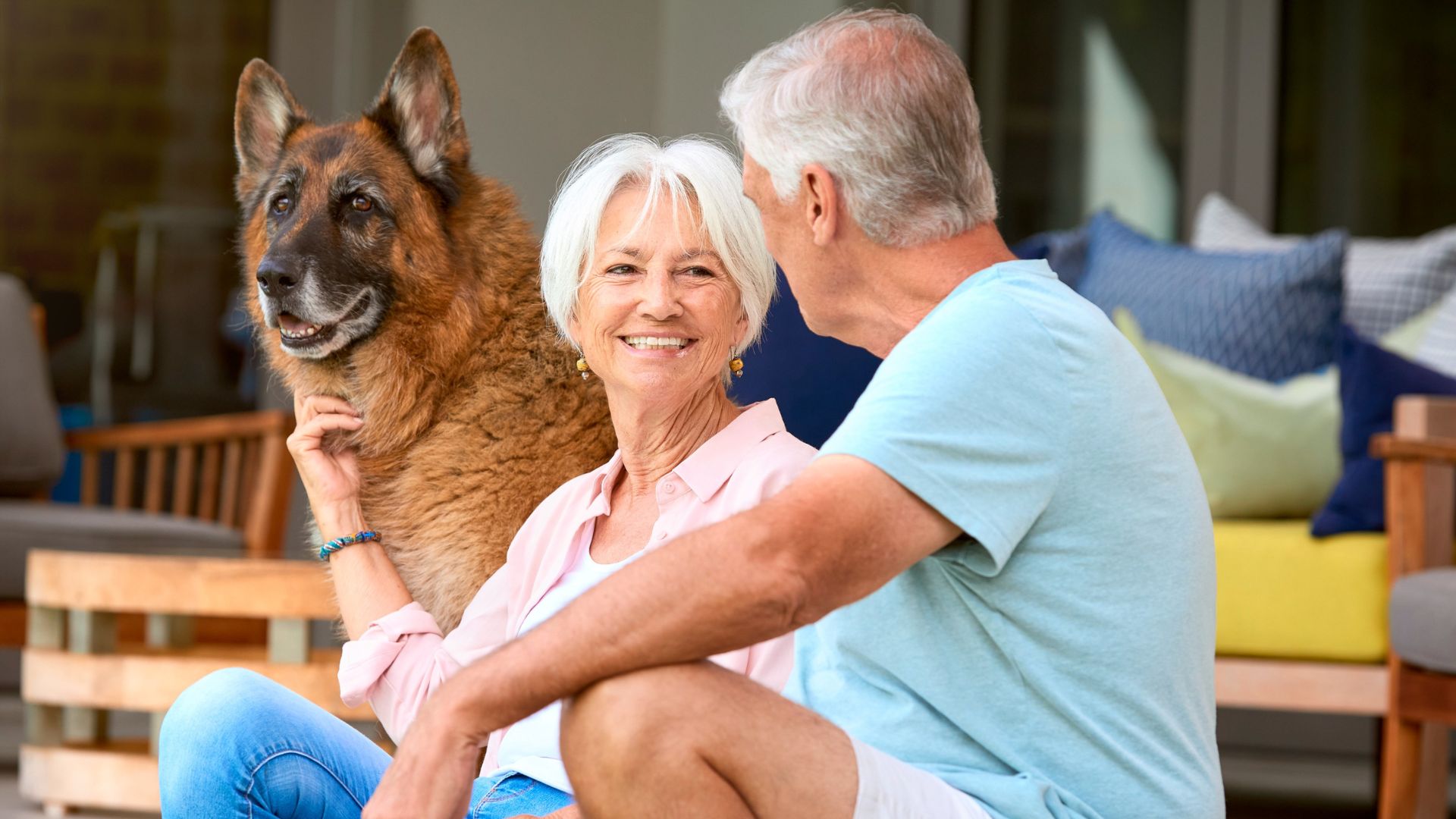
Contents
Choosing the right dog breed is crucial for senior pet owners. As we age, our lifestyles and abilities change. It’s important to find a pet that matches these changes. This article highlights the top 10 dog breeds that might be the worst choices for seniors.
Seniors seek companionship, comfort, and manageable exercise routines. The wrong dog breed can bring challenges, requiring too much exercise, grooming, or training. The right breed can enhance a senior’s life, offering joy without added stress.
Consider several factors when choosing a dog breed. Size and energy level matter. Larger, energetic dogs need more physical activity. Grooming and maintenance needs are also important. Some breeds require frequent grooming. Temperament and training requirements can vary. Independent or stubborn dogs need extensive training. Health and lifespan are key too. Some breeds have specific health issues.
By understanding these factors, seniors can make informed decisions. The right dog will enhance your life and bring happiness.
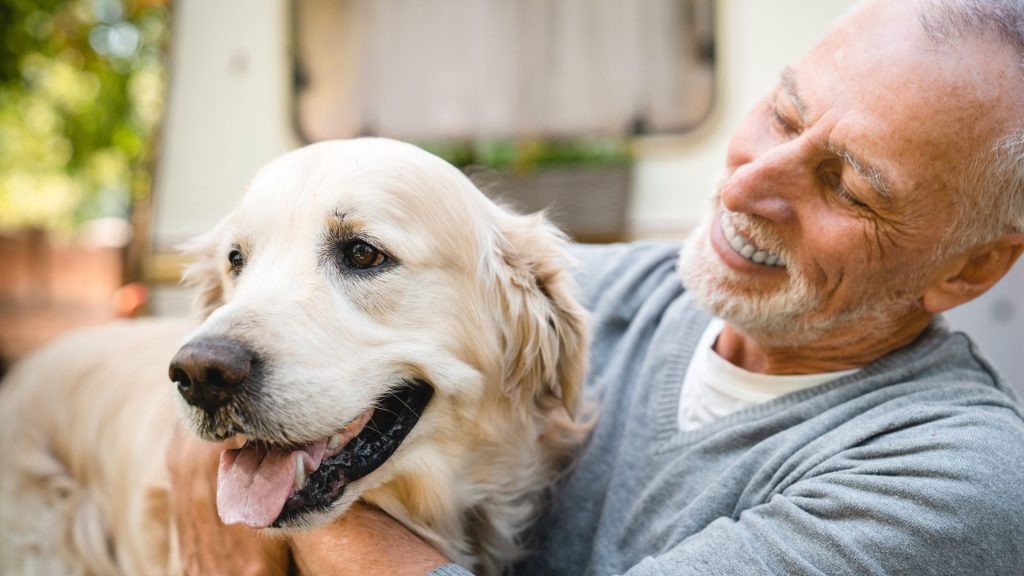
Factors to Consider When Choosing a Dog Breed for Seniors
When selecting a dog breed, seniors need to consider several important factors:
Size and Energy Level
Size and energy level are crucial when choosing a dog for seniors. Larger dogs may need more space and can be harder to handle. High-energy breeds require plenty of exercise, which might be too demanding. Seniors should look for smaller or medium-sized breeds with moderate energy levels.
Grooming and Maintenance Needs
Grooming and maintenance can be time-consuming and physically demanding. Some breeds have thick coats that need regular brushing, while others may require frequent bathing or trimming. Seniors should consider breeds with low to moderate grooming needs to make pet care easier.
Temperament and Training Requirements
A dog’s temperament is vital for compatibility with a senior’s lifestyle. Breeds known for being calm and friendly are ideal. Avoid breeds with stubborn or aggressive tendencies, as they may require extensive training and socialization. Easy-to-train breeds can be more manageable for seniors.
Health and Lifespan Considerations
Health and lifespan are key factors. Some breeds are prone to specific health issues that can be costly and require frequent vet visits. Seniors should consider breeds known for their robust health and reasonable lifespan. Adopting an older dog can also be a good option, as their health and temperament are more predictable.
By keeping these factors in mind, seniors can find a dog that suits their lifestyle and brings joy without added stress.
Top 10 Dog Breeds That Might Be the Worst Choices for Seniors
Choosing the right dog breed is essential for senior pet owners. Some breeds, despite their many charms, may pose challenges that make them less suitable for seniors. Here are ten breeds that might be the worst choices for older adults:
1. Siberian Husky
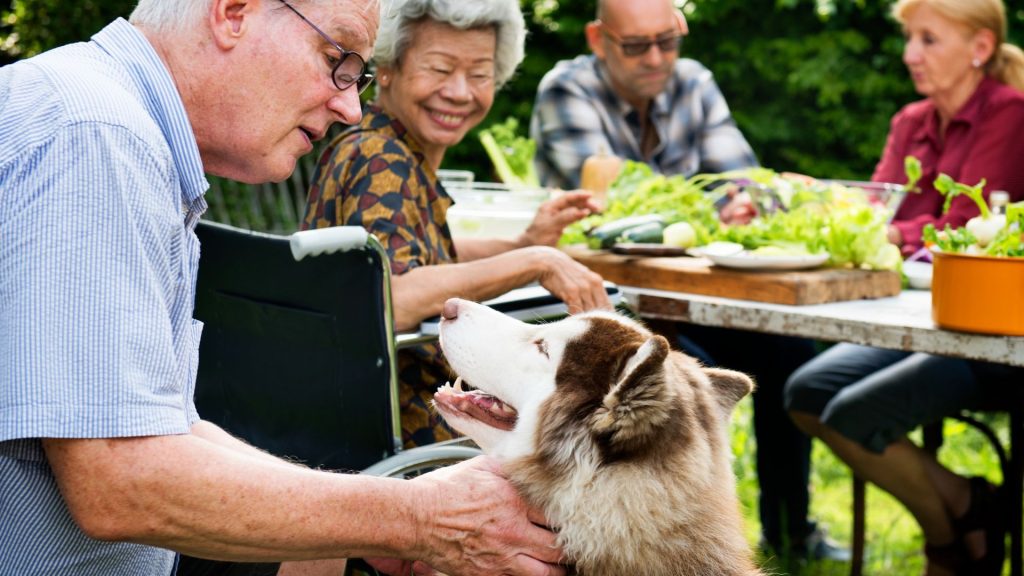
Siberian Huskies are known for their high energy and need for constant exercise. They are strong-willed and require experienced handling. This breed’s need for activity and independence can be overwhelming for seniors.
2. Border Collie
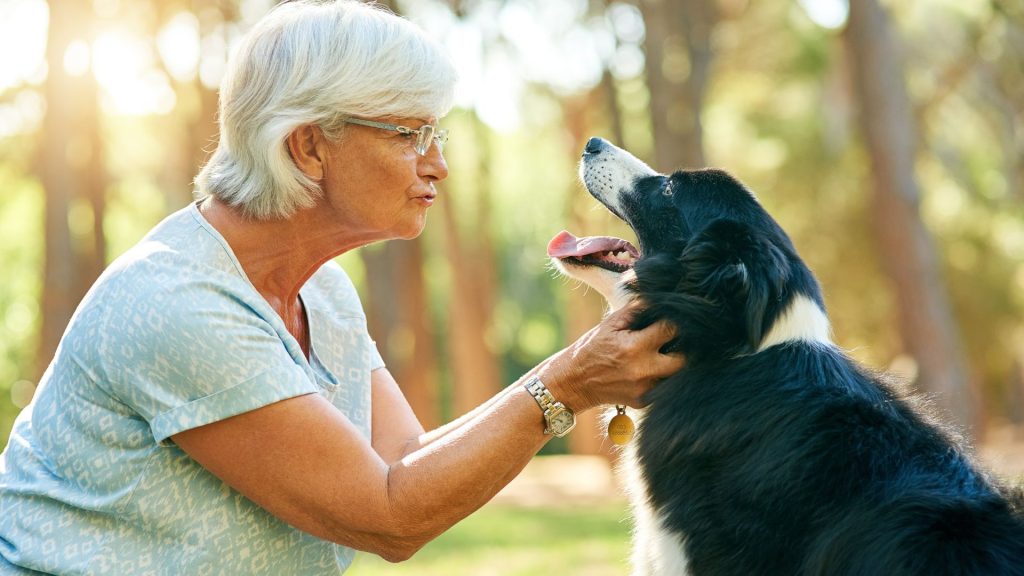
Border Collies are incredibly intelligent and active. They need continuous mental and physical stimulation, which can be demanding. Their herding instincts and high energy levels make them better suited for owners with ample time and energy.
3. Dalmatian
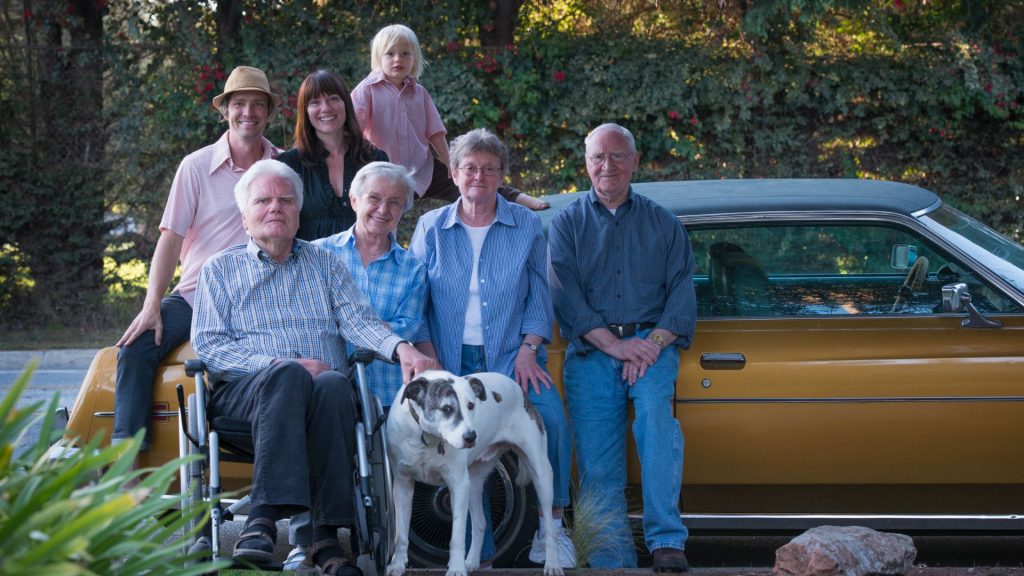
Dalmatians are high-energy dogs that need regular exercise. They can be prone to health issues like deafness and urinary stones. Their need for physical activity and potential health problems may be too much for some seniors.
4. Chow Chow
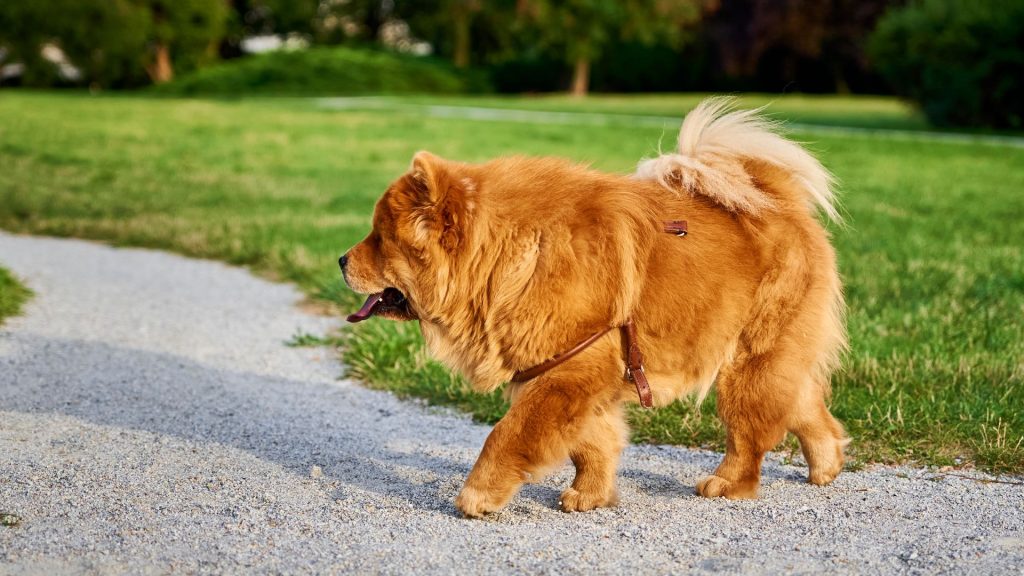
Chow Chows are independent and can be aloof. They require regular grooming and socialization. Their strong-willed nature and high-maintenance coat can pose challenges for senior owners.
5. Akita
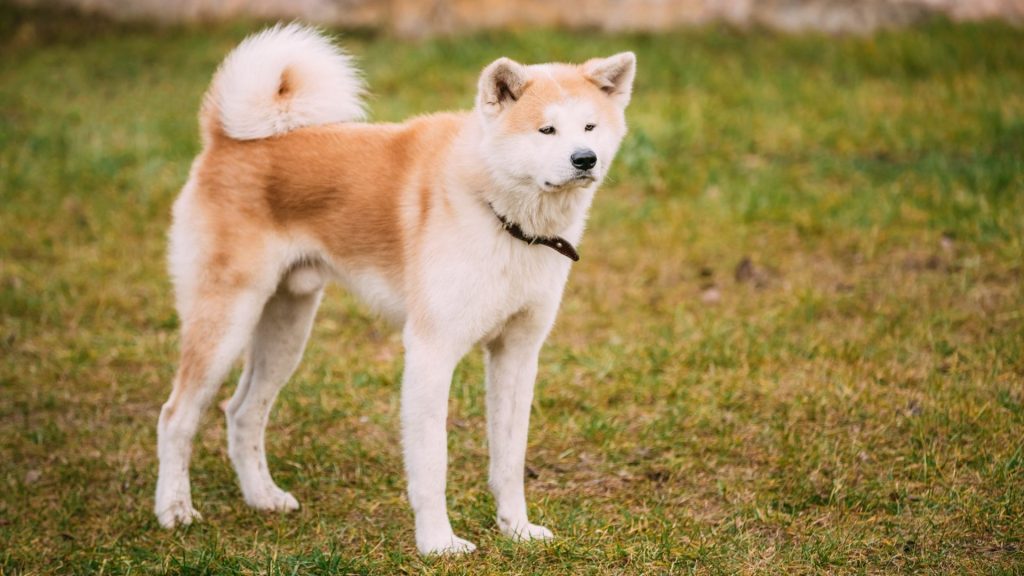
Akitas are strong, dominant dogs that require firm training and socialization. Their protective nature and strength can be difficult for seniors to manage, making them less suitable for older adults.
6. Alaskan Malamute
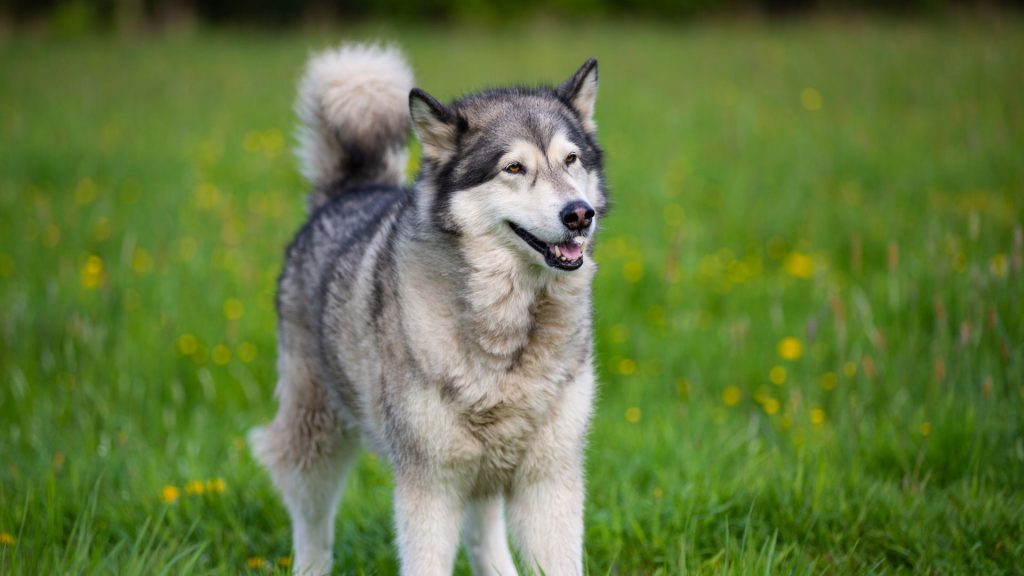
Alaskan Malamutes are very active and need a lot of space to roam. They are strong-willed and can be challenging to train. Their high energy levels and need for space make them a poor fit for seniors.
7. Jack Russell Terrier
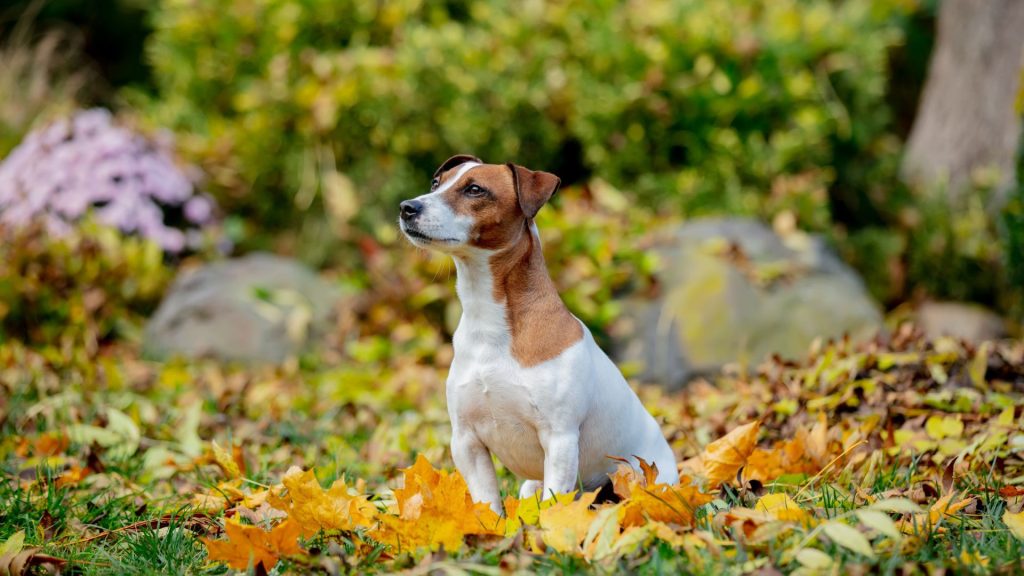
Jack Russell Terriers are small but incredibly energetic. They need constant activity and mental stimulation. Their high energy and stubbornness can be difficult for seniors to handle.
8. Rottweiler
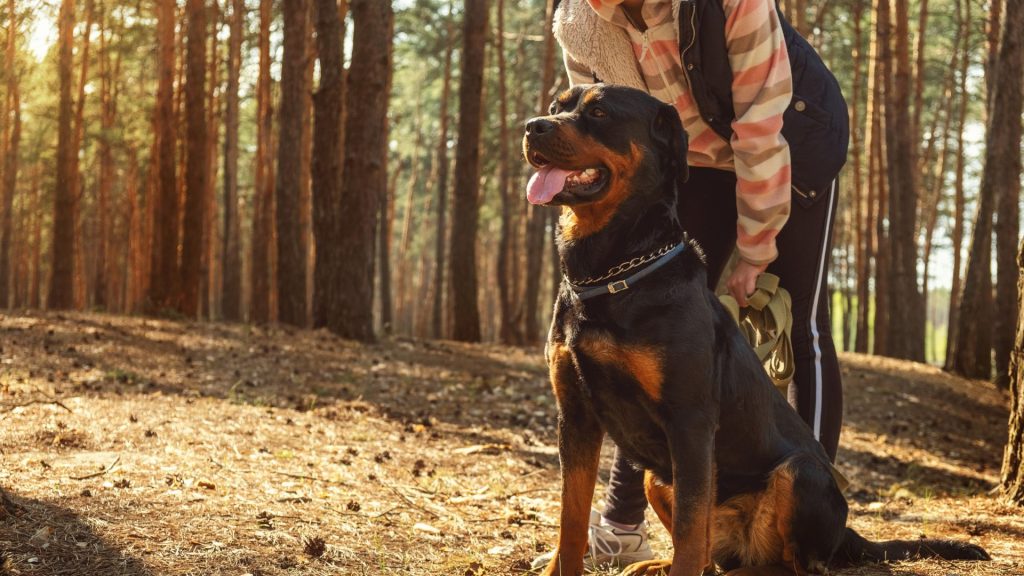
Rottweilers are large and powerful dogs that require experienced handling. They need regular exercise and socialization. Their strength and need for firm training can be too much for seniors to manage.
9. Doberman Pinscher
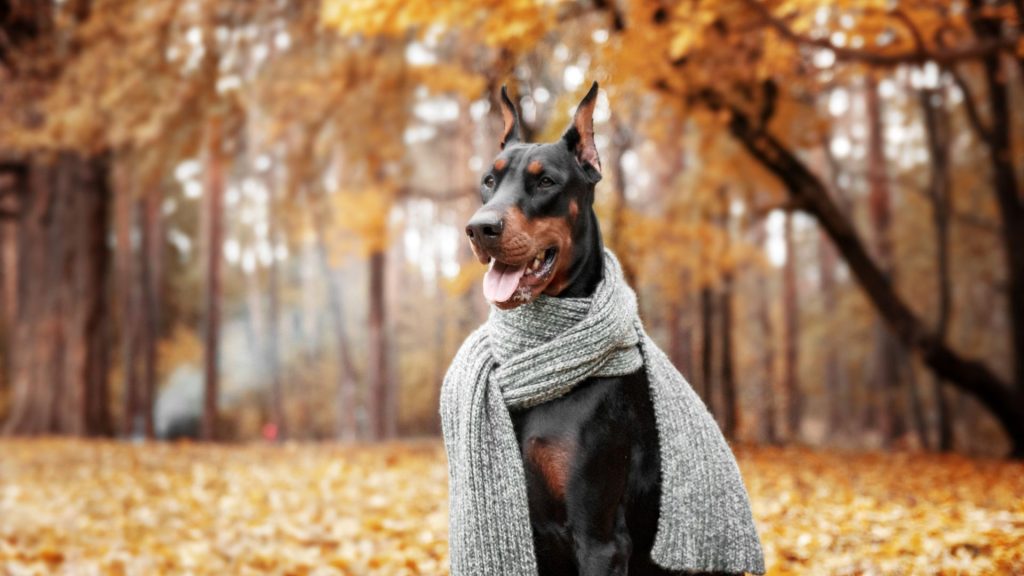
Doberman Pinschers are high-energy dogs that require regular exercise. They need firm training and socialization. Their activity level and training needs may be overwhelming for seniors.
10. Weimaraner
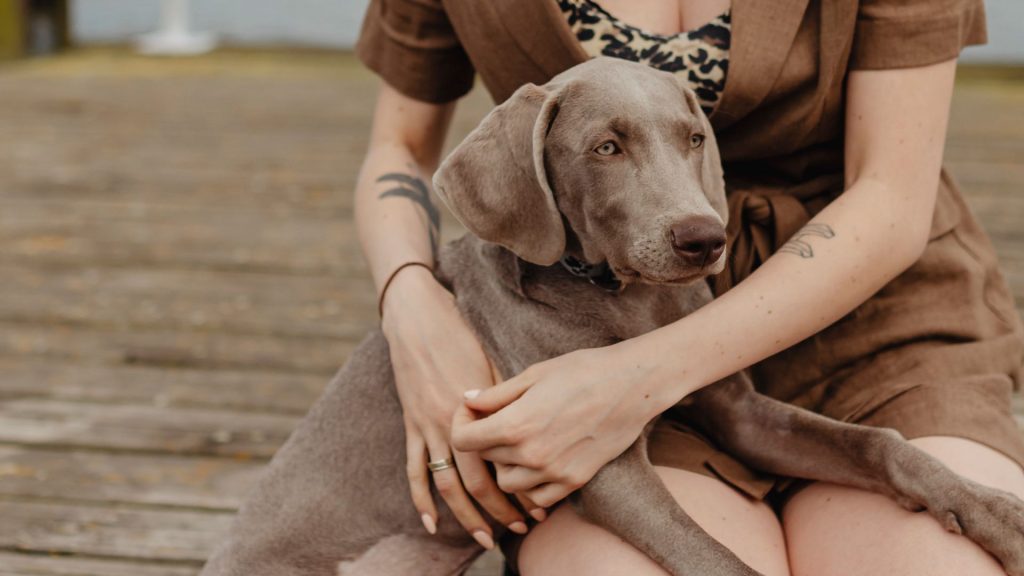
Weimaraners are very active and require extensive exercise. They can suffer from separation anxiety and destructive behavior if not properly stimulated. Their high energy and potential for anxiety make them less suitable for seniors.
By understanding these challenges, seniors can make more informed decisions when selecting a dog breed. The right match can enhance their quality of life and bring joy without unnecessary stress.
Conclusion
Selecting the right dog breed is crucial for seniors to ensure a harmonious and joyful companionship. It’s essential to consider your lifestyle, physical abilities, and the specific needs of different breeds. By making an informed choice, seniors can avoid unnecessary stress and enjoy the benefits of pet ownership. Consulting with veterinarians or pet experts can provide personalized advice, ensuring you find a dog that fits well with your life. Remember, the right dog can enhance your quality of life, offering companionship and joy without overwhelming demands.

Hello, I’m Donna Carter, the founder and writer behind PetFleck.com. My journey with dogs started years ago, and it’s been a passion that has only grown stronger over time. I’ve always been fascinated by the unique behaviors and characteristics of different dog breeds, and this curiosity has led me to dive deep into the world of canine studies.
My love for dogs is the driving force behind everything I do. I’ve dedicated countless hours to researching and understanding the nuances of dog care, training, and breed-specific traits. This dedication helps me create content that is not only informative but also genuinely helpful for fellow dog lovers and owners.
At PetFleck, I combine my extensive knowledge and hands-on experience with my passion for dogs to provide valuable insights and tips. Whether it’s exploring different breeds or offering practical advice on dog care, I aim to share knowledge that makes a real difference in the lives of dogs and their families.
I’m thrilled to share my love for dogs with you through my writing. I hope my articles inspire and inform, helping you to better understand and appreciate the incredible bond we share with our furry friends.
Thank you for visiting PetFleck.com, and I look forward to connecting with you through our shared love of dogs!
